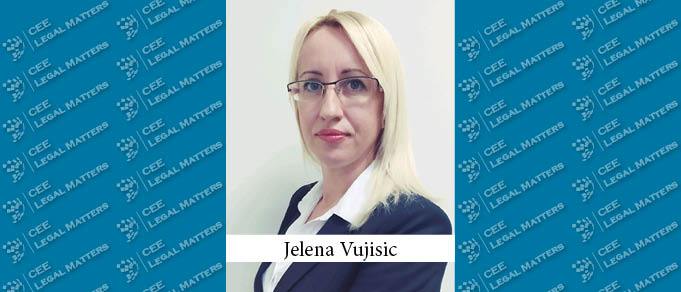Montenegro is still considered a rising star in the Balkan peninsula, attracting the attention of potential investors worldwide, and that’s especially the case with the country’s real estate market.
Legal Framework
Foreigners can own and buy real estate in Montenegro and there are no legal restrictions – except those regulated by the Law on Ownership Rights – only prohibiting the acquisition of certain types of immovable property by foreigners, like forests, agricultural land, etc.
Foreigners can buy immovable property as individuals, but they can also acquire real estate by setting up a local company for the acquisition, in which case they can avoid the previously mentioned limitations.
It is significant to note that, when signing the Stabilization and Association Agreement, Montenegro granted national treatment to EU nationals acquiring real estate on its territory.
The procedure for the sale and purchase of real estate is subject to notarization and, subsequently, to the registration of the ownership transfer at the Cadaster and State Property Administration.
Taxation
Purchase of real estate property in Montenegro is also subject to the property transfer tax, in case of its acquisition on the secondary market. The property transfer tax rate is 3% and the amount of tax depends on the estimated market value of the real estate asset traded.
On March 1, 2023, The Parliament of Montenegro adopted an amendment to the Real Estate Transfer Tax Law that will be applicable from January 1, 2024, which increased the property transfer tax rate depending on the estimated market value of the real estate asset. This amendment prescribes the progressive rate of 3% will apply to those real estate assets with an estimated market value of less than EUR 150,000. For those properties with an estimated market value over EUR 150,000, the property transfer tax will be calculated at the amount of EUR 4,500 plus 5% of the amount over EUR 150,001.
Owners of real estate in Montenegro are also required to pay the annual property tax. The rate for the annual property tax is proportional and amounts to between 0.3% and 1% of the market value of the real estate asset. That amount can be increased in the case of secondary apartments to up to 1.5% and for undeveloped land up to 5%.
The Real Estate Market
Although the real estate business picked up in 2019 due to the Economic Citizenship Program, which started in January 2019, the Government of Montenegro decided to close its Economic Citizenship Program to new applicants, from 2023. This decision was taken in line with a recommendation by the European Commission against operating an investor citizenship scheme.
The prices for real estate in Montenegro are growing in line with the global growth trend, but it is also expected that prices in the real estate market will stabilize during the course of this year. There is also a notable trend in the real estate market, where the prices of old apartments offered for sale by their owners are higher than those for apartments under construction and of new construction offered for sale by investors – the complete opposite of the pricing trend that was observable just a year ago.
Montenegro’s accession to NATO in 2017, as well as the country acting in line with EU standards within its current process of accession to the EU – which we fully expect to happen in the next few years – additionally contribute to creating a favorable investment destination, the full potential of which will be realized after Montenegro joins the EU.
By Jelena Vujisic, Partner, Vujacic Law Offices
This article was originally published in Issue 10.3 of the CEE Legal Matters Magazine. If you would like to receive a hard copy of the magazine, you can subscribe here.
